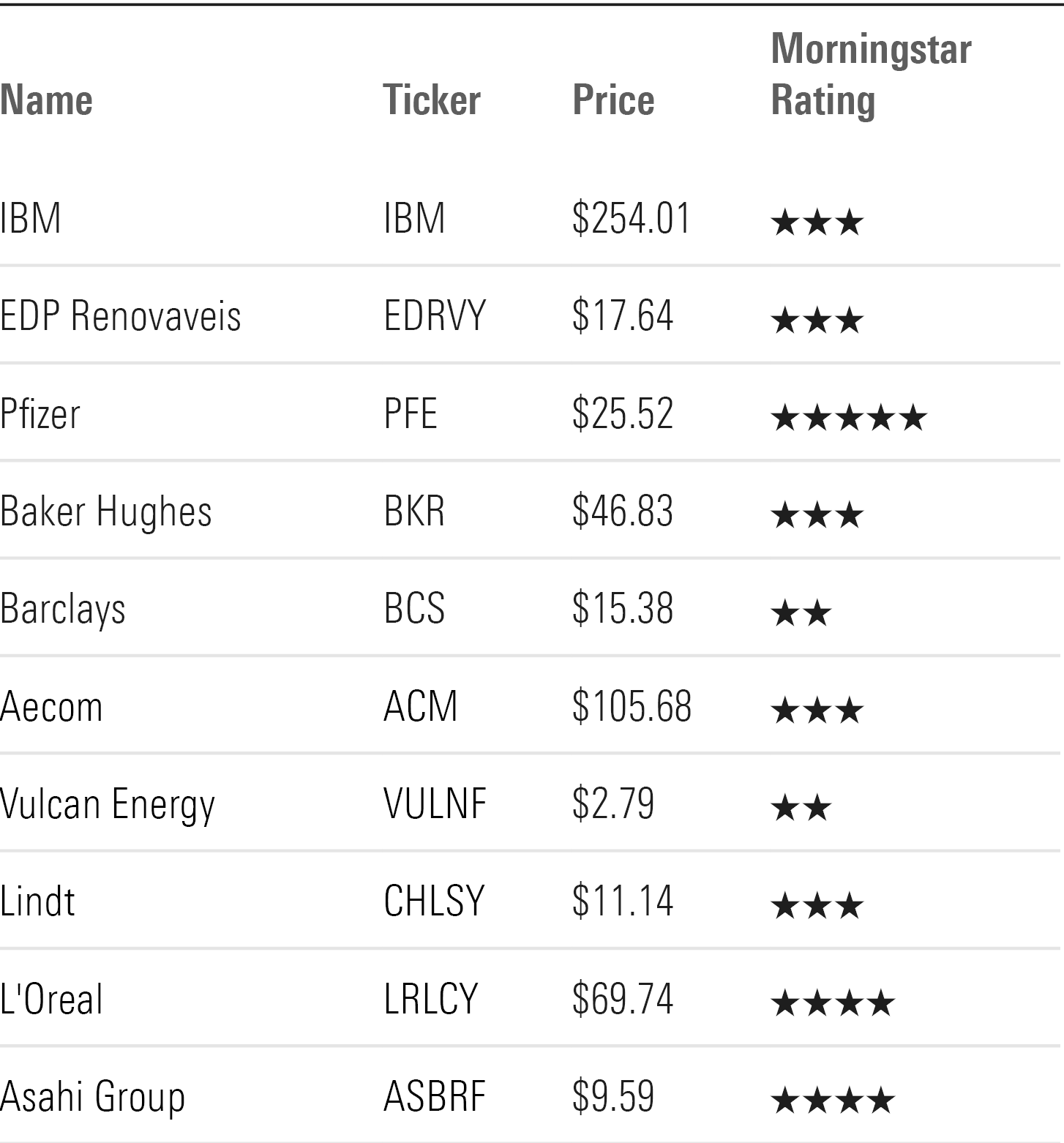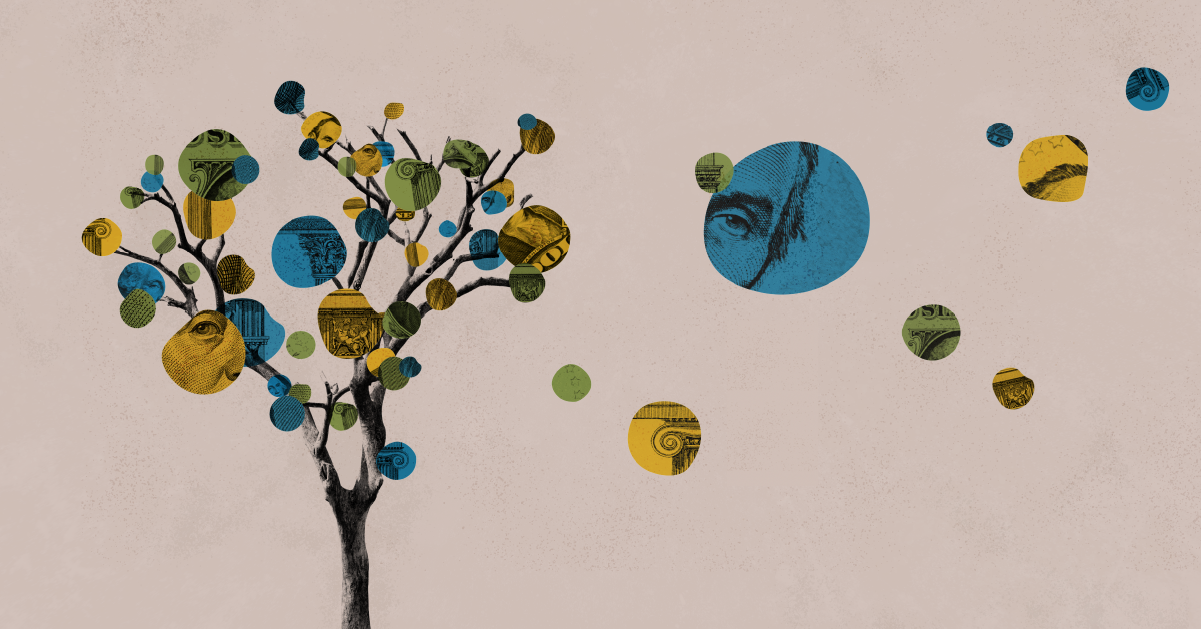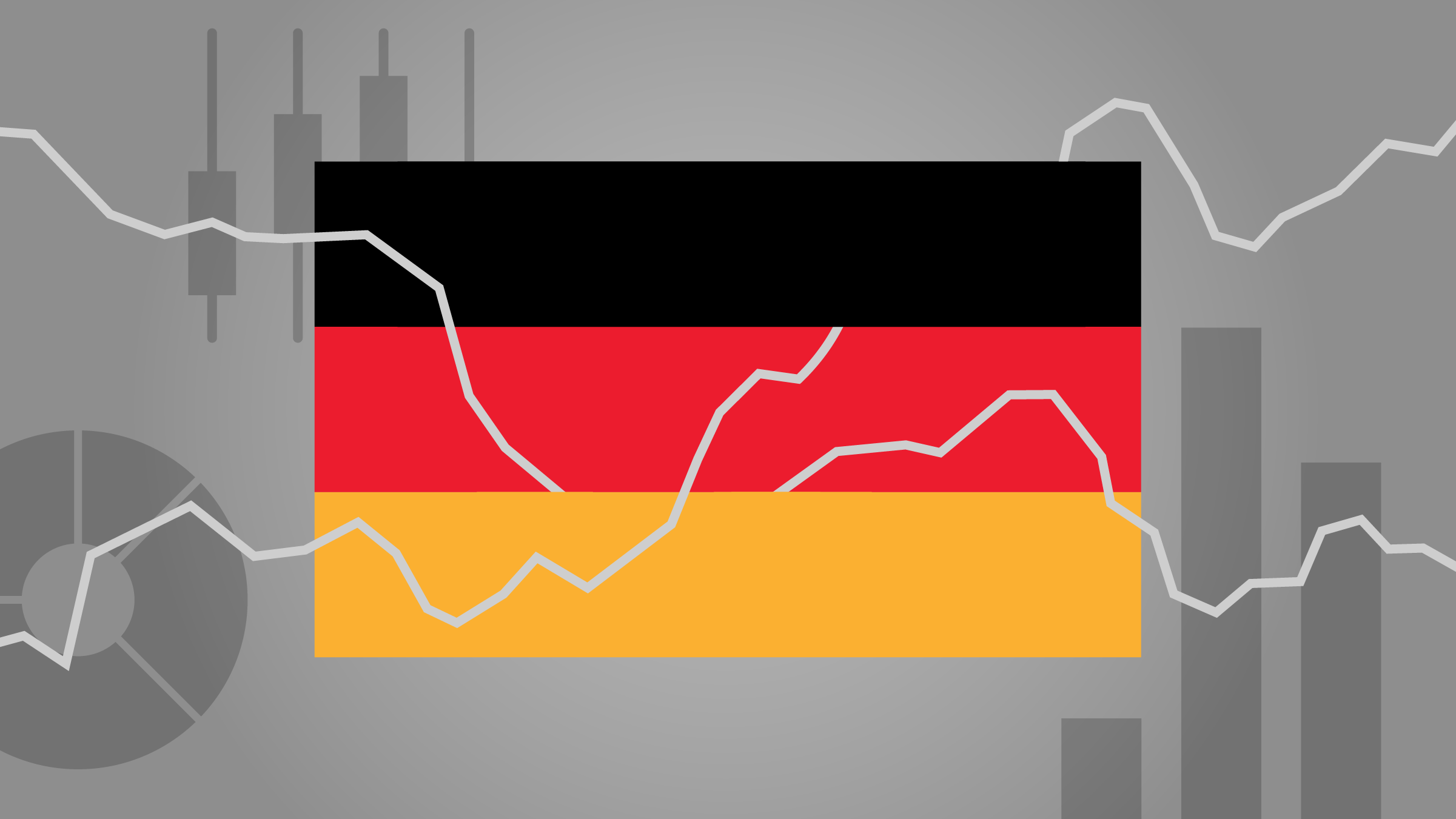
What sustainability trends are providing opportunities for investors? It’s a good question for stock investors, for sustainability trends are long-lived, no matter what the political climate. Morningstar Sustainalytics’ analysts recently highlighted 10 environmental, social and governance themes that they believe will affect corporate value chains in 2025. For each theme, we profiled one publicly listed company that is leading its industry on addressing the ESG issues we identified.

Power-Hungry Data Centers: A Dilemma for Big Tech
Technology giants are expanding data centers at an unprecedented pace, fueling the digital transformation, building cloud storage capacity, and supporting the surge of artificial intelligence applications. We compare the carbon intensity of some of the largest software & services players, helping investors identify AI players in the subindustry that are leading in terms of mitigating carbon risks.
Among the seven companies that we sample, IBM IBM stands out for having reduced its carbon intensity by 30% from 2020 to 2023. Most of its data centers draw on renewables.
Green Energy Demand: A Boon for Utilities
While the growing demand for data centers has created upside for tech companies and utilities that supply them with electricity, it is also associated with risks related to energy use and climate change. The adoption of generative AI across various sectors introduces a new set of concerns regarding its energy footprint and the rapid growth of power demand for data centers. In 2025, we anticipate the continuation of such corporate renewable deals, possibly expanding across multiple regions.
As a renewable power producer, EDP Renováveis EDRVY has maintained its very low carbon intensity from generation activities over the years. Its overall carbon intensity is also in line with that of its subindustry peers.
AI Innovation Boosts Gains for Healthcare
At the same time, AI is improving efficiencies in many industries where it has the potential to expedite research and development projects and provide cost savings. AI adoption across the healthcare and biopharmaceutical industries has been proliferating in recent years, targeting both cost cuts and innovation gains that are meant to expand and accelerate patient access to quality care, as well as to new therapies and treatment options.
Pfizer PFE stands out for utilizing AI not only for drug discovery and development but also to monitor medicine and vaccine safety and to improve its supply chain.
AI in Oil & Gas Bolsters Efficiency and Innovation
AI has been an important tool for the oil and gas industry for years, but recent advancements are transforming decision-making and have the potential to meaningfully reduce environmental impacts and improve safety. With the push for net zero emissions adding urgency and complexity, companies leveraging AI can gain a competitive edge through efficiency and innovation.
Baker Hughes BKR is among the oil and gas firms applying AI-driven software to streamline production and reduce emissions.
Banks Play a Critical Role in Transition Finance
Climate change will remain at the top of investors’ minds for years to come. The growth of transition finance represents an opportunity for banks to diversify the risks of their loan books and safeguard the sustainability of their business models.
Barclays BARC is the only bank out of the 10 large banks we analyzed that has set a credible sustainable and transition financing target of USD 1 trillion by 2030.
Resilient Infrastructure Is Climate-Smart Investing
Recent weather- and climate-related catastrophes, such as the Los Angeles fires, Hurricane Ian in Florida, and flooding in Valencia, Spain, highlight the intensifying risks that extreme weather events have on the construction industry.
Aecom ACM is an interesting case study because it generates 60% of its revenue from sustainable products and services and has developed many of its initial green infrastructure projects globally, such as the first LEED-certified airport terminal in the US. These projects are backed by a broad offering of climate adaptation services, including natural disaster preparedness reviews.
Lithium Boom Brings New Challenges
Lithium is a critical mineral in the global transition to a low-carbon economy. Clean technologies, such as solar panels and electric vehicles, are highly dependent on lithium-ion batteries for energy storage. Investors with carbon- and water-related goals may consider opting for lithium for a lower environmental impact and lower ESG risks.
Vulcan Energy Resources VUL is engaged in projects to extract and process battery-grade lithium hydroxide, in addition to producing renewable geothermal energy. The Australian firm is among the few in our coverage that exclusively uses lithium brine production. Its operations in Germany consist of a geothermal energy plant that uses a closed-loop system and a small-scale lithium extraction plant, which uses significantly less water and land than its peers.
Building Responsible Food Supply Chains
In 2025, transparency and accountability in supply chain due diligence will remain a critical concern for consumer goods companies. According to a 2022 report by the International Labor Organization, 27.6 million people globally were subjected to forced labor, 12% of whom were children. Human rights violations expose firms to material risks, including fines, reputational harm, and operational disruptions that erode shareholder value. Compared with other subindustries, packaged foods and food retail have been involved in a disproportionately large number of incidents related to human rights abuses in their supply chains.
Lindt LISN demonstrates the relatively strong management of these issues. The firm has a robust human rights policy for suppliers and actionable initiatives to support it. Despite an August 2022 controversy linked to child labor in its Ghana cocoa supply chain—a challenge faced by most cocoa companies—Lindt remains transparent and proactively collaborates with local communities to create tailored mitigation and remediation programs.
A Future With Less Plastics
Fast-moving consumer goods firms (for example, packaged foods and personal products) that invest in advanced technologies, such as chemical recycling to produce more postconsumer recycled packaging or venturing in biodegradables such as cornstarch or bamboo packaging to replace single-use plastics, are likely to see increased demand and growth.
Among our sample of 11 consumer goods companies, L’Oréal OR had relatively few plastics incidents in recent years and performs well on our measures of solid waste management. The company has set virgin plastics reduction targets and increased recyclable and recycled PET packaging. Its peers have similar initiatives, but the high demand/low supply of postconsumer recycled packaging and technological barriers pose challenges to the industry’s shift toward plastic-free production.
Alcohol-Free Beverages Are Growing
The nonalcoholic beverage market is still considerably smaller than alcohol’s, but its growth brings opportunities to the alcohol industry, which has faced challenges in recent years driven by tight consumer spending and competitive pressure. Still, the industry is undervalued; the average share price in our sample of 26 beer, wine, and spirits firms is trading 20% below Morningstar’s fair price value as of November 2024.
Asahi Group 2502, a leading Japanese brewer, has set several targets to expand its no- and low-alcohol portfolio, and we note that it is one of the few companies in the sample that provides some transparency into its nonalcoholic beer revenue.
To learn more about these themes and the companies noted above, download the report here.
The author or authors do own shares in any securities mentioned in this article. Find out about Morningstar's editorial policies.





























